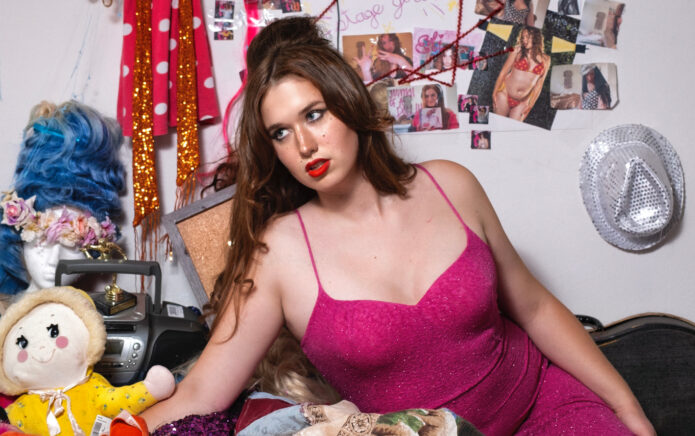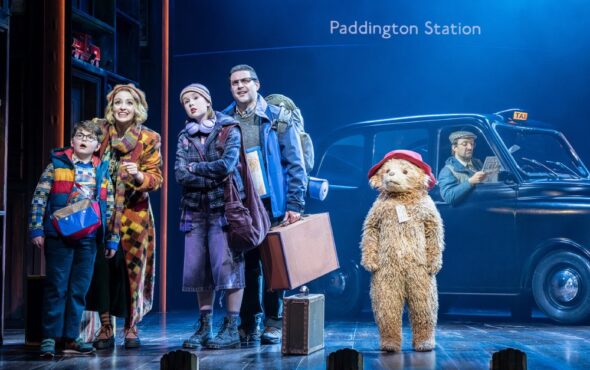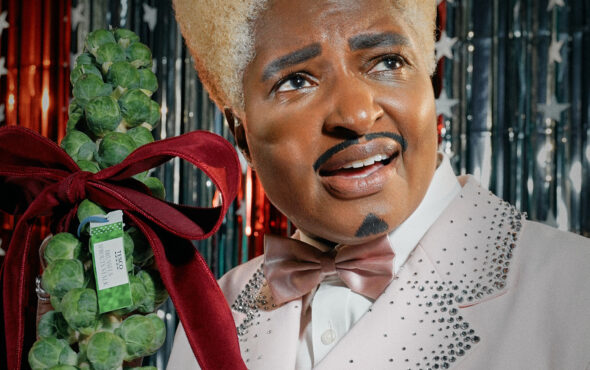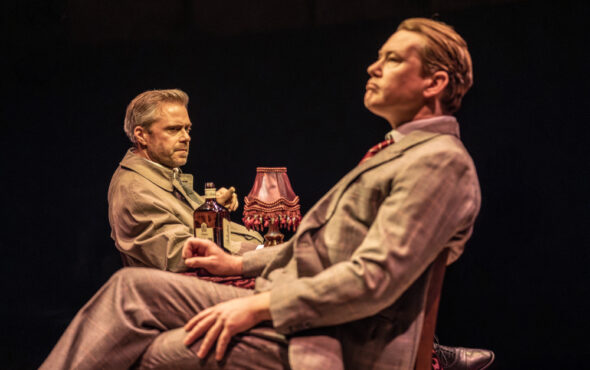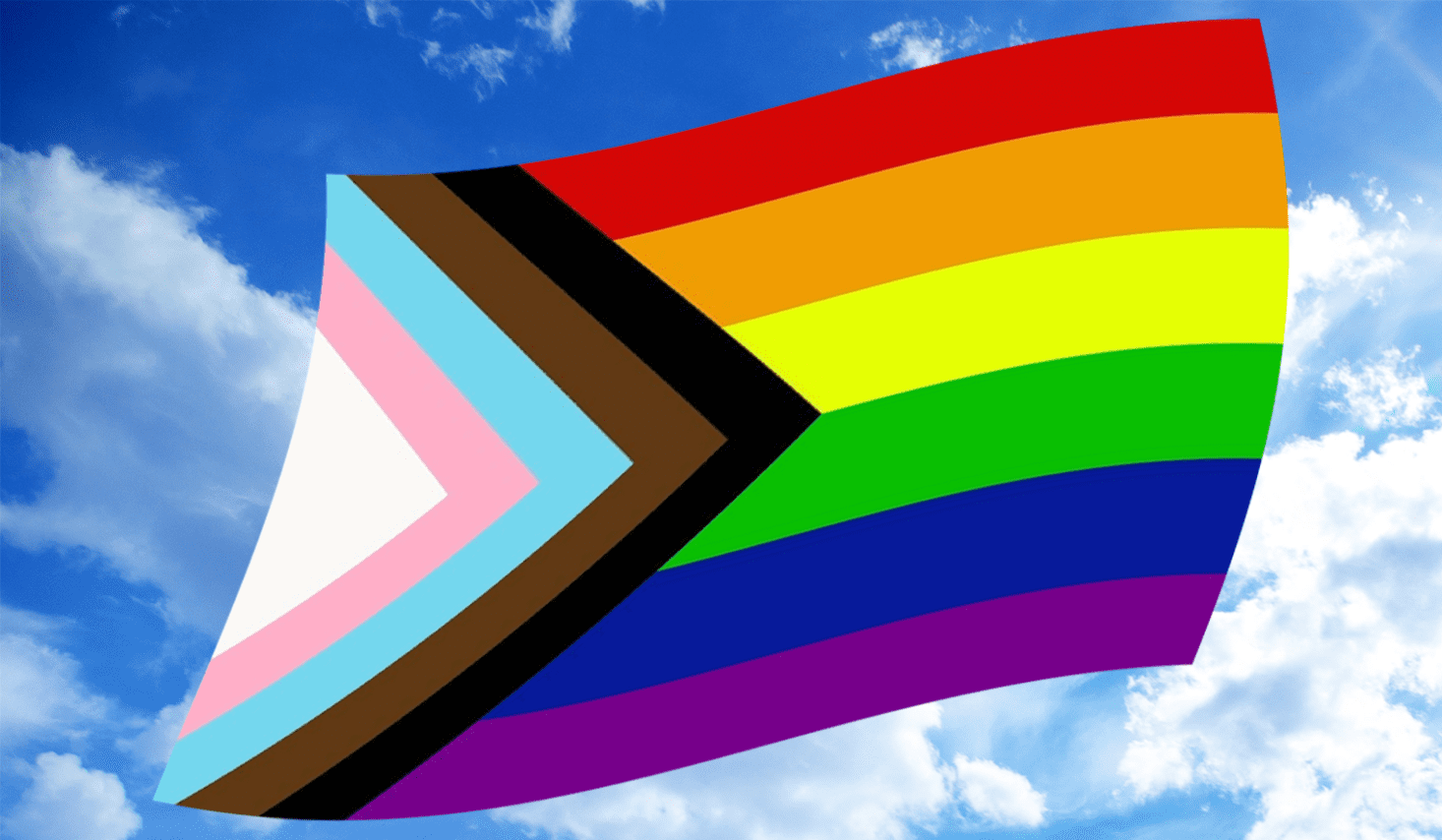
As a politically active and openly queer young person, I’m not often optimistic about the future, or even the present.
My daily scroll through the news gets more depressing every time, as I see harmful policies enacted and hateful words spewed by people I’ve never met, but who nonetheless wish to hurt me and my community. Social media is equally treacherous – an innocent swipe through Instagram stories generally comes to a halt as I see one of my mutuals has shared the latest hate-filled headline, in an attempt to raise awareness.
But real life is often different to the echo chambers of the internet, and it was during my first school talk as a Just Like Us ambassador that I began to have some hope that these bubbles were not truly representative.
I did not know what to expect from my first school talk with Just Like Us. I was no stranger to talking about queer issues, having run my school’s LGBTQIA+ club for many years, but this was an audience of strangers, and 11-year-old strangers at that.
I wondered if I would see classic Twitter talking points repeated: deliberate provocations parroted by minds too young to understand what they were saying. Thankfully, I could not have been more wrong.
I arrived 20 minutes early, due to nerves, to see intimidatingly high fences guarding a school I had never heard of before, full of children to whom I would shortly be sharing my story for the first time.
To my surprise, many of these young people had grown up in homes where LGBTQIA+ topics were common dining table exchanges. Even those who had not had much access to the internet were very familiar with most of the terms our talk explained. I saw several nods amongst the audience of small heads as we went through the words ‘lesbian’, ‘queer’, and ‘non-binary’, amongst others. To these children, these words were part of their everyday – or at least every week – conversations, an idea as baffling to me as the idea of unchallenged everyday homophobia seemed to be to them.
I was only seven years their senior, but still found their almost blanket acceptance to be an entirely alien concept. The worlds we had grown up in were oceans apart with regards to acceptance and inclusivity.
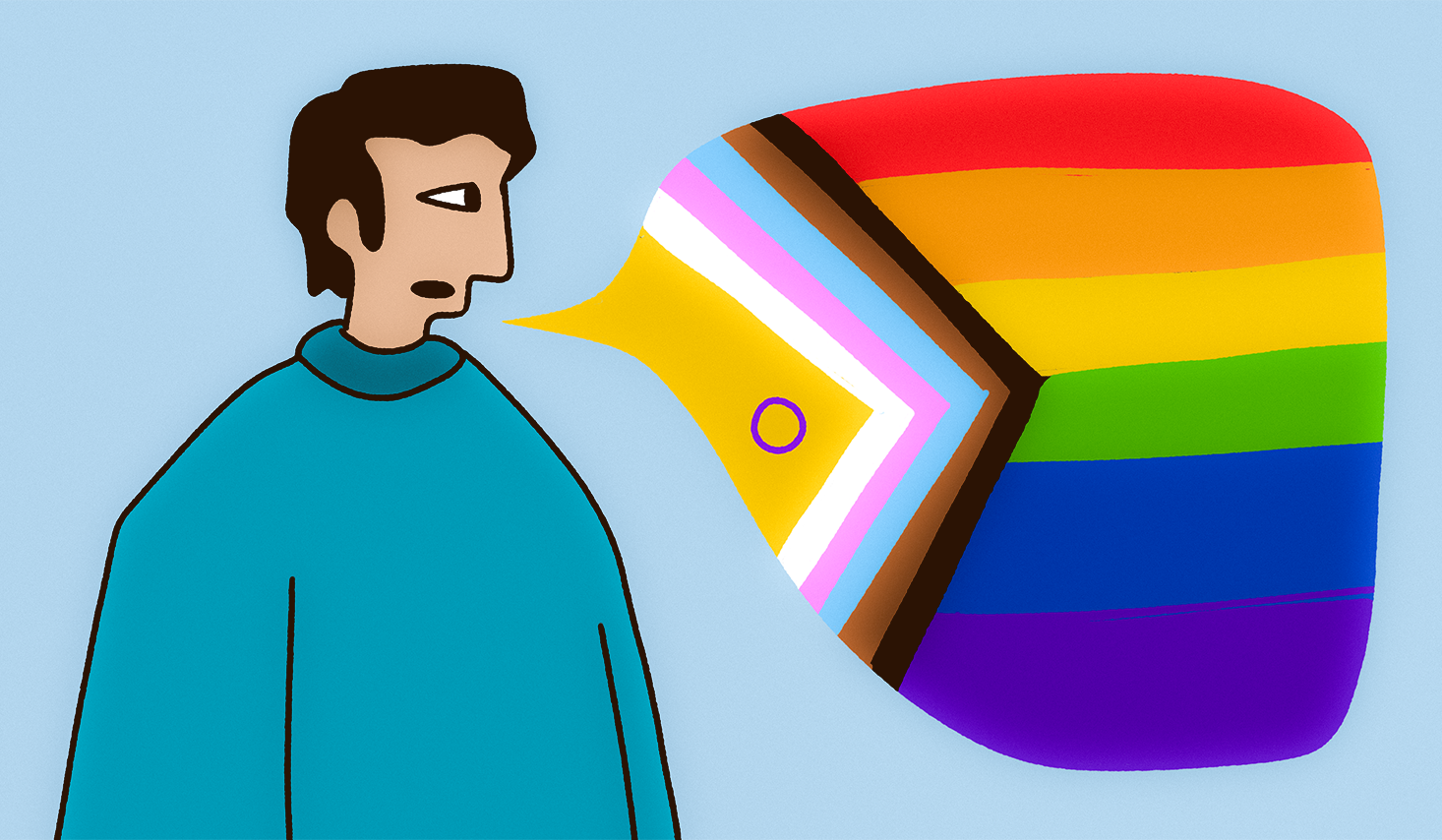
As the talk moved on to homophobia and unacceptable behaviour, I saw more and more confused young faces in the audience. This was not because we were covering overly advanced topics or vocabulary; on the contrary, the bewilderment seemed to stem from their inability to understand why people would be homophobic in the first place.
In direct contrast, the teachers to the side of the room seemed to be more comfortable with this topic – their training, as well as their own experiences of decades past, no doubt enlightening them on how to deal with homophobia far more than inclusivity.
When it came time for questions, there were far fewer hands than I had expected to see, and almost every query was genuine and well thought-out. Even the one or two who tried to make inflammatory comments or digs, that seemed to be taken straight from far-right think tanks, were roundly hushed and given disapproving looks by their peers.
We wrapped up our talk with a final question about how to best support a friend who had recently come out. It was a great way to end, yet another encouraging sign that these children saw intrinsic value in allyship and community. Each of us chipped in to answer, suggesting the questioner listen to their friend, and advising that no two experiences of coming out are the same. Afterwards, while watching the kids file out of the room, I shared a smile with my fellow ambassadors at what a lovely question it had been.
As I left the school, only 90 minutes or so since my nervous arrival, I carried with me a sense of levity. My fears had been utterly disproven, and the 11-year-olds had, in fact, given me hope for our future. I saw a bright light ahead where these young people took their youthful inclusivity and a no-nonsense approach to homophobia into adulthood, creating our new norm.
So yes, it may look dark right now, and some of the adults in charge are ignorant, ill-informed, or plain old bigoted. But maybe, just maybe, the kids are alright.
Kallan is an ambassador for Just Like Us, the LGBT+ young people’s charity. Just Like Us needs LGBT+ ambassadors aged 18-25 to speak in schools – sign up now.
